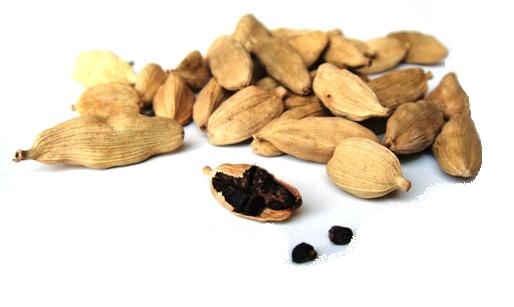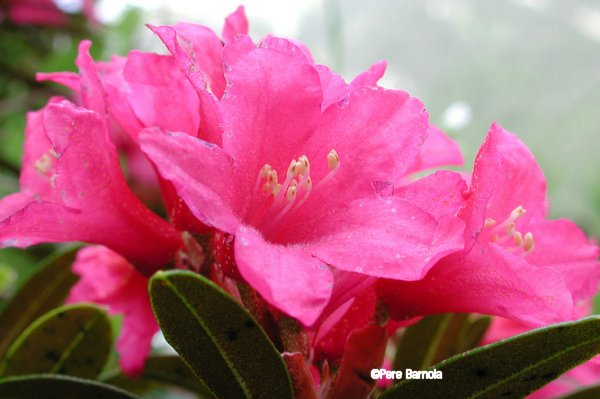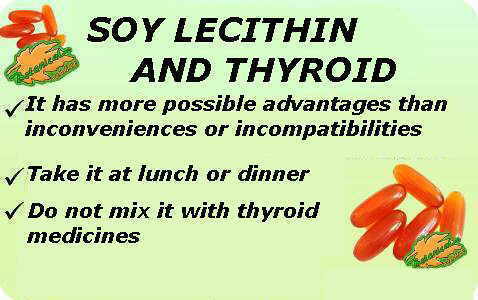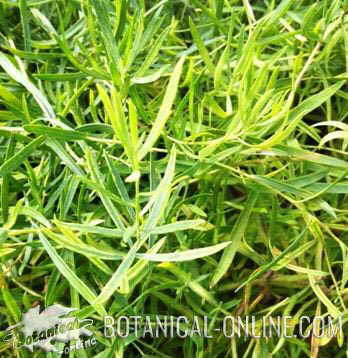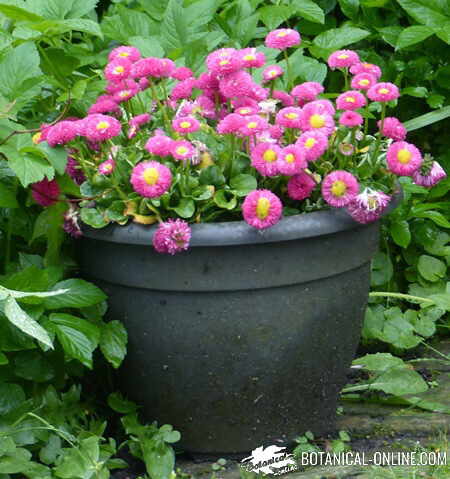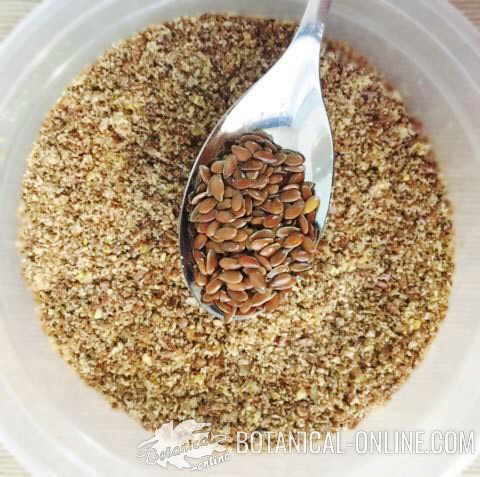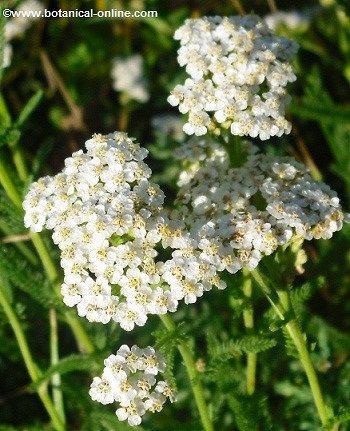Contents
DANGERS OF HYSSOP
Is it dangerous to use hyssop as a medicinal plant?
Hyssop (Hyssopus officinalis L.) is a plant of the Labiatae family, native to the Mediterranean region that grows in limestone soils, scrubland and arid sites.
Hyssop contains toxic components in the essential oil, which is found in the leaves and flowers of the plant (from 0.3 to 1%).
Due to its content in toxic principles, improper use of the plant or its essential oil can produce unwanted side effects.
Adverse effects of hyssop – Intoxication
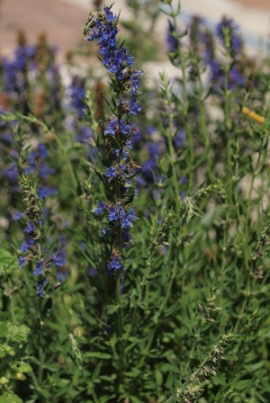
Hyssop plant
- Bronchospasm: It is due to its content in marrubiin, a component present in the essential oil of the plant. This is a lactone with fluidizing effect of bronchial mucus, whose use can cause irritation of mucous and bronchospasm, so it should not be used in case of irritation of the respiratory tract.
- Seizures: The essential oil is convulsant.
- Epilepsy: The plant can produce attacks on people with epilepsy, because of its thujone and pinocamphone content.
- Strong emmenagogue: Due to its content in thujone, present in the essential oil, it has abortifacient properties and it is highly toxic.
- Sensory and psychological disorders: Use of the essential oil, or plant in high doses, can produce effects such as drowsiness, seizures and associated effects on sensory and psychological disorders.
When you should not take hyssop
- Hyssop has some significant drawbacks, including the restriction of use to people with epilepsy and schizophrenia.
- Contraindicated in pregnancy and during lactation.
![]() More information on Hyssop.
More information on Hyssop.
This article was endorsed by Vicente Martínez Centelles - Founder of the web and director. Teacher of natural sciences, expert in plants, natural remedies and botanical photography.

